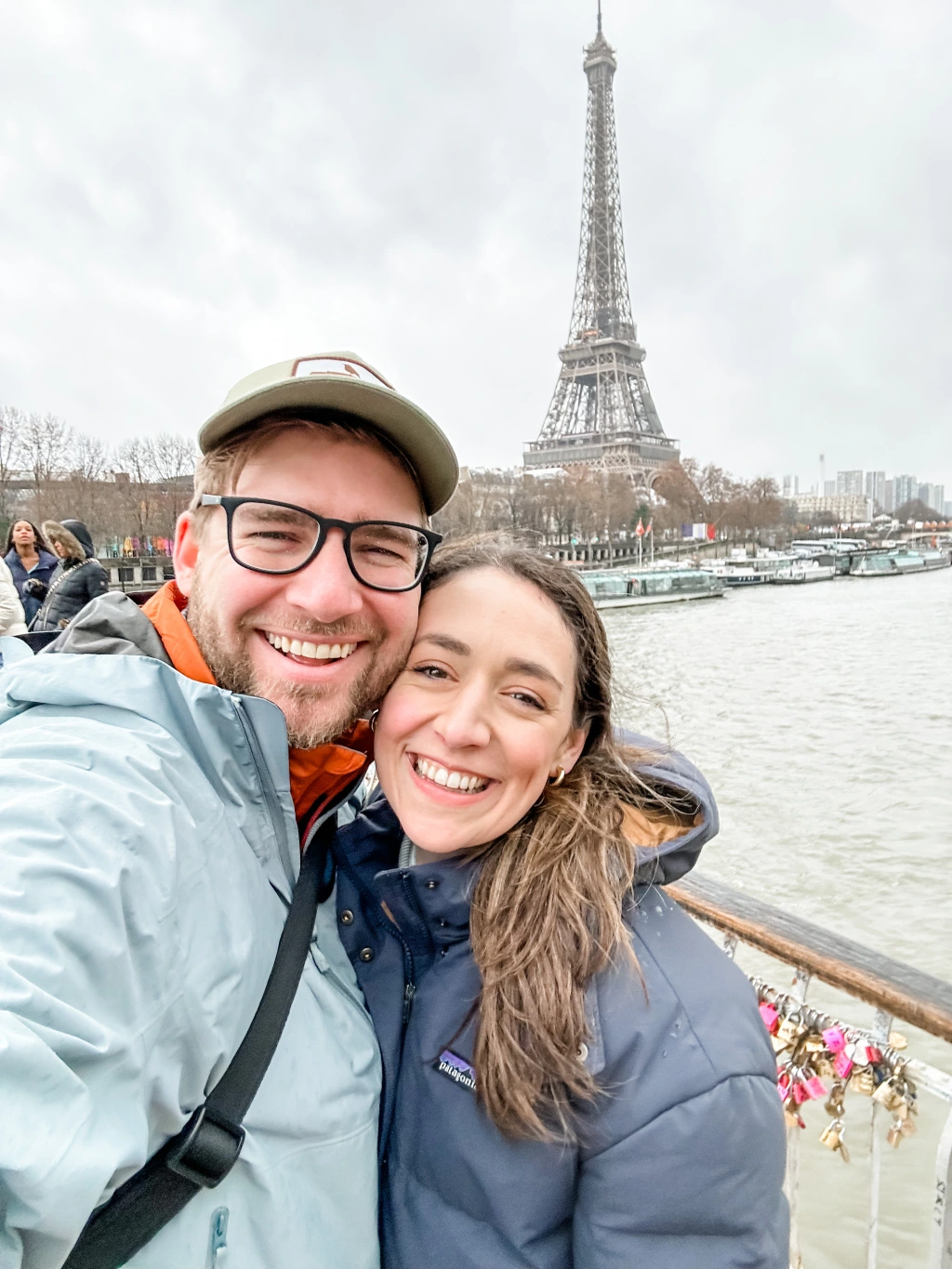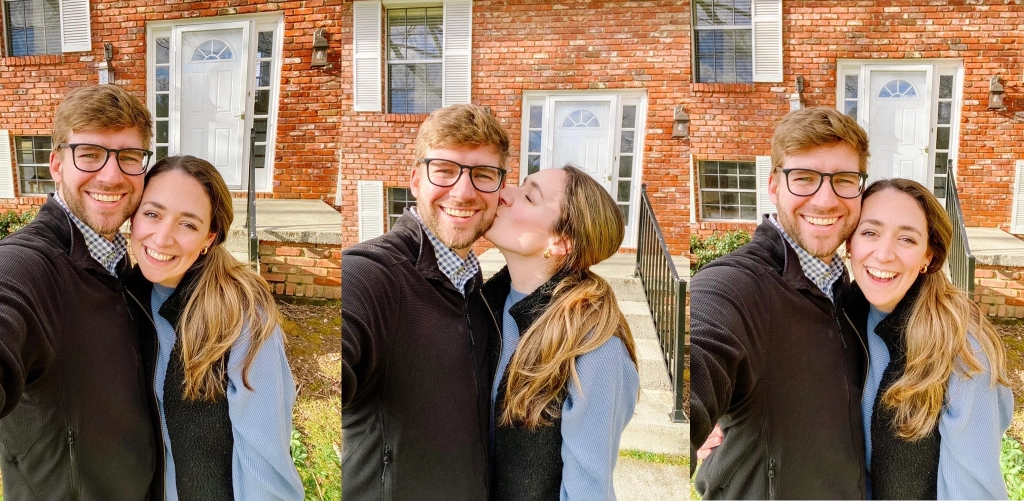For the past several months, I have been learning, studying, and striving for how to be the best, most knowledgeable medical provider I can be. I’ve taken hundreds of hours of courses, learned important skills, performed hands-on training, jumped through metaphorical hoops, and with one diagnosis everything has changed…
Now I’m the patient.
Over the past couple of months, I have been going through a number of tests, blood work, and ultrasounds to try and make sense of one symptom: breakthrough bleeding (DISCLAIMER: if you are at all squeamish of medical jargon or female reproductive issues, this article may not be for you). I had been having breakthrough bleeding while on birth control for the past 9 months at least. Honestly that should not be happening if you are hormonally regulating your cycles. I even changed my birth control from monophasic, meaning the same amount of estrogen and progestin are taken each day, to triphasic, where different levels are taken each week leading up to the week of placebos. However, even that didn’t seem to change anything. I originally was put on birth control because my periods were not regular, and I would go anywhere from 3-6 months at a time without a period (amenorrhea). However on ultrasound they found the culprit: a 5cm hemorrhagic cyst sitting on my right ovary. I had my first ultrasound back in March and it was at the time a simple hemorrhagic cyst. But in May when I came in for my follow-up appointment, the cyst had changed from simple to complex with septations and follicles. This cyst was going to have to be removed.
Other symptoms I was beginning to experience besides the breakthrough bleeding included constipation, painful periods (dysmenorrhea), fatigue, and weight gain. After hearing that the cyst had changed, I knew I was ready to get it removed once and for all. I went in for a final ultrasound just a week ago to make sure it hadn’t shrunk before scheduling the date for my surgery, and the ultrasound technician told me that endometriosis should be in my list of differentials considering the symptoms I was having and the pain that I was experiencing. The cyst hadn’t changed, so the surgery was scheduled for the next week.
God willing the surgery was a success, and the cyst was removed easily without complications, however the surgeon did find endometriosis and removed what she could during the laparascopic procedure. After waking up, I was told the findings of the surgery and sent on home. Thankfully, I had half-expected to hear this news but unfortunately I also barely had time to process it.
Now, I’m a month out from my surgery and have more answers than I do questions. I had my necessary follow-up appointments and have heard my prognosis from the surgeon. Given that information, I feel confident with the diagnosis I was given and am optimistic about my future. It’s challenging going from practitioner to patient. It’s difficult to be on the other side of the exam table. But I also now know how it feels to be a patient in this context. I understand what it’s like to be poked and proded and asked a million separate questions about your health. But I think it will also give me much more empathy for my patients in the future.
I now live with the diagnosis of endometriosis.
I struggled with that diagnosis a lot the first week after surgery.
I cried a lot.
I slept a lot.
I called out to God a lot.
I didn’t understand why. But I understand now that this is not a plague, this is part of my human experience. God has given me this opportunity to be broken and feel my fragility so that I can learn to rely on him all the more. I am not perfect, nor will I ever be perfect. Disease is a part of our human sinfulness. But thankfully it doesn’t have to define us. Just because I have endometriosis, doesn’t mean I am that diagnosis, it just means that it’s a part of my story. Just like growing up as a preacher’s kid, being a southerner, and striving to be a physician assistant are part of my story. Now endometriosis is a chapter in my story.
Wanna learn more about endometriosis?
Here’s a link to a blogpost where I divulge what it is, what some of its symptoms are, and what treatment options are available right now. My hope in starting a conversation about endometriosis is to raise awareness about this misunderstood disorder. The pathology of the disease itself is still unknown, so by raising awareness my hope is to demystify the disorder.
Needless to say, endometriosis is only a chapter of my full life story, but right now I am thankful for the ways in which it reminds me how broken and fragile I am and how perfect and glorious God is.
Above is a picture of my abdomen immediately post-op in 2018 next to a picture of my abdomen in 2020, 2 years after my procedure. This is evidence to me at just how remarkable the human is. We are capable of more than we know and more than we can fathom, that is with God’s help!










Leave a comment